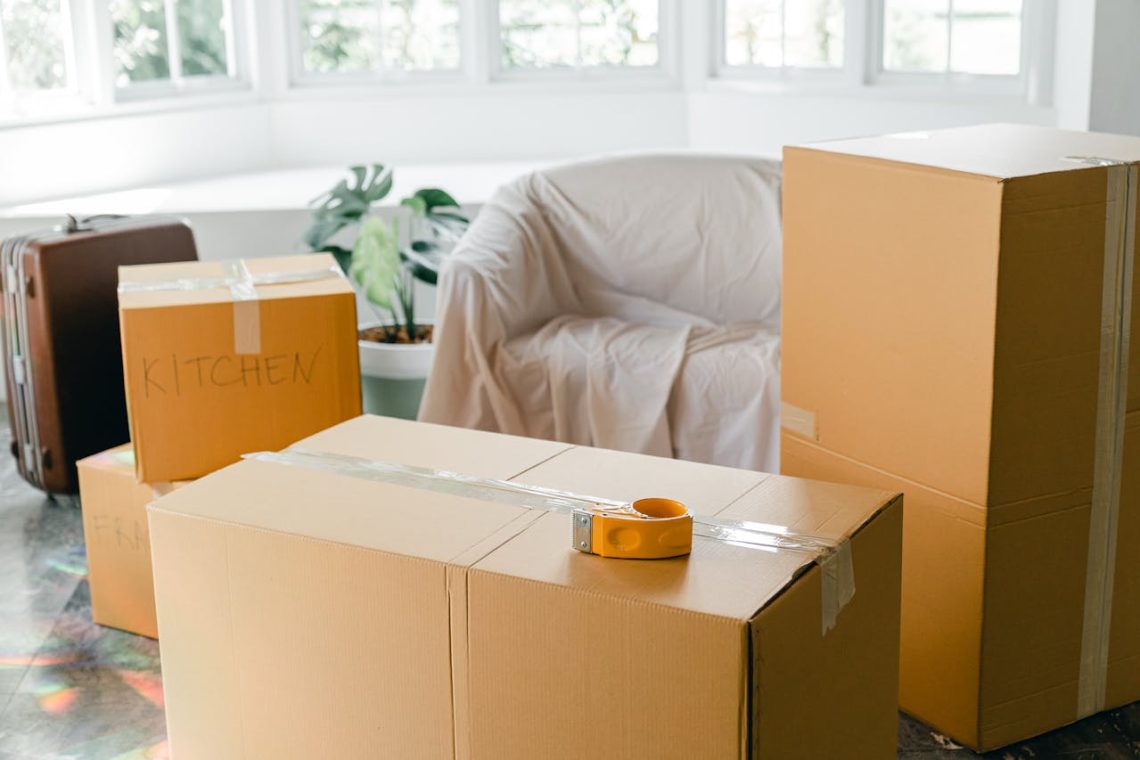Living in London often means finding ways to make the most of limited space. With high property prices and compact living quarters, extra room can feel like a luxury. Whether you’re a student between accommodations, a family looking to de-clutter your home, or a business managing excess stock, the need for additional space is a common challenge in the capital. Storage units offer a practical, flexible solution, providing a secure and accessible place to store your belongings while freeing up valuable space at home or work. They can be particularly useful during life transitions, such as moving house, renovating, or expanding your business. This guide will walk you through the essentials of finding and using a storage unit in London, helping you choose the right option to suit your needs and create a more organised and stress-free environment.
Types of Storage Units Available
Storage facilities in London offer a variety of options to suit different requirements. The most common type is the self-storage unit, which comes in multiple sizes, from small lockers perfect for a few boxes to large rooms capable of holding the contents of an entire house. Many facilities provide 24/7 access and high levels of security, including CCTV surveillance and individual alarms for each unit.
If you need a safe place to keep your belongings, I recommend searching on Google using the keyword “storage unit London”.
For those with specific needs, specialised storage is also available. Climate-controlled units maintain a consistent temperature and humidity level, which is ideal for protecting sensitive items like wooden furniture, electronics, and important documents from damage. Some providers also offer business storage with additional services like mail handling and inventory management, catering to commercial clients.
Choosing the Right Storage Unit
Selecting the right unit is about balancing size, cost, and features. Start by estimating how much space you’ll need. A good approach is to list all the items you plan to store. Many storage company websites have size estimators to help you visualise how much a particular unit can hold. It’s often better to choose a slightly larger unit than you think you need, as this allows for better organisation and airflow around your items.
Location and accessibility are also important factors. A facility close to your home or business can save time and transport costs. Check the access hours to make sure they fit your schedule, particularly if you anticipate needing to retrieve items frequently or outside of standard business hours. Finally, compare prices from different providers, but don’t forget to consider the level of security and any included amenities.
Tips for Efficient Storage
Once you’ve chosen a unit, packing it efficiently will help you make the most of the space. Use sturdy, uniform-sized boxes that are easy to stack. Label each box on multiple sides with its contents and the room it belongs to. This simple step will save you a lot of time later when you need to find something specific.
When loading your unit, place larger, heavier items at the back and along the walls. Create a clear walkway down the middle so you can easily access everything. Store items you might need more frequently near the front. Disassemble furniture like bed frames and tables to save space, and stand larger items like sofas on their end if possible. Protecting your belongings with dust sheets or covers will keep them in good condition while they are stored.
The Value of London Storage
Using a storage unit offers significant benefits beyond just freeing up space. It provides a secure environment for your possessions, giving you peace of mind that your items are protected from theft or damage. The flexibility of short-term or long-term rental contracts means you can use the space for as long as you need, whether you’re moving house, travelling, or simply need a long-term solution for clutter. Ultimately, storage units simplify city living, making it easier to manage your space and belongings in a dynamic urban setting.



